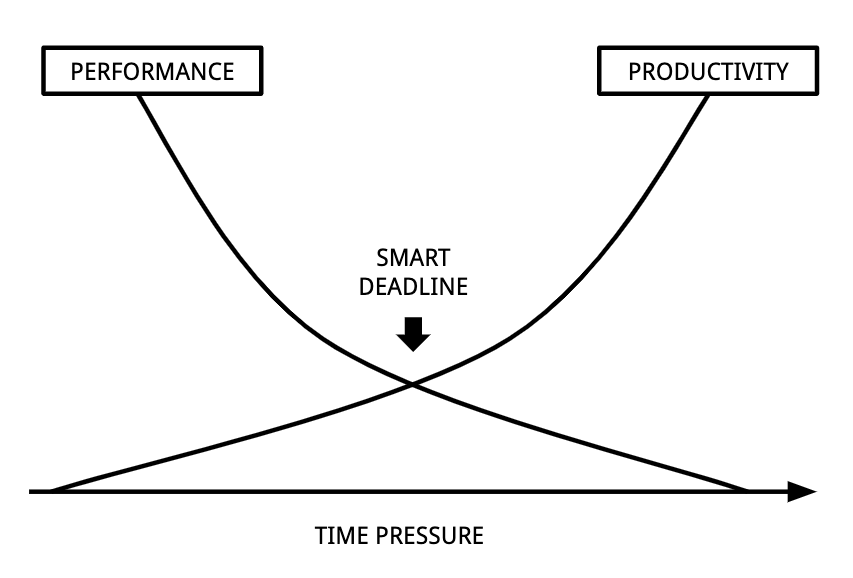“I work best under pressure” is an unsurprisingly common statement in high-pressure work environments. But is it true we work better under pressure, or do we just work faster? Can certain types of pressure be beneficial to fight procrastination and improve performance?
Peer pressure and procrastination
In a study looking at the social pattern of procrastination, researchers explored the impact of peer pressure on performance. While peer pressure may be expected to prevent procrastination, it actually has the opposite effect: participants with higher self-esteem and a higher resistance to peer pressure tended to display lower levels of procrastination.
Those findings suggest that you are more likely to better manage your procrastination by fostering intrinsic motivation, than by seeking pressure from your peers to stop procrastinating on a task.
Instead of seeking external peer pressure, understanding the key components of internal motivation is a great first step to “debug” your procrastination. Is it a lack of confidence with the task? A lack of clarity? Something else?
Peer pressure may seem like a quick fix for procrastination. It may feel counterintuitive because the process requires a bit more upfront work, but addressing any underlying issues and changing your mindset is a better way to get unstuck.
Time pressure and procrastination
We have all been guilty of leaving a task to the last minute, rushing to finish before the deadline. And, in many cases, we do manage to do the work on time. These experiences may lead us to believe time pressure paradoxically has a positive impact on our productivity.
However, while time pressure makes us work faster, it does not necessarily make us work better. As researchers Don Moore and Elizabeth Tenney put it: “Time pressure generally impairs performance because it places constraints on the capacity for thought and action that limit exploration and increase reliance on well-learned or heuristic strategies. Thus, time pressure increases speed at the expense of quality.”
Yes, we are more productive when we are under time pressure, in the sense that we produce work faster. But we are less performant, in the sense that we produce work of lower quality.

Parkinson’s law suggests that “work expands so as to fill the time available for its completion.” By setting smart deadlines, the key is to find the right balance between productivity and performance.
Starting sooner
Some people do handle peer pressure and time pressure better than others, and in that manner they are better than average at working under pressure. However, it does not mean they work best under pressure.
Having enough time and mental space to carefully consider a problem and to account for unforeseen roadblocks will almost invariably result in better performance. Don’t rely on artificial peer pressure or time pressure to do your best work; instead, start now.
N.B. This article is part of an experimental series of topics prompted by GPT-3. Many thanks to Marc Köhlbrugge for training it to generate the list of topics.
